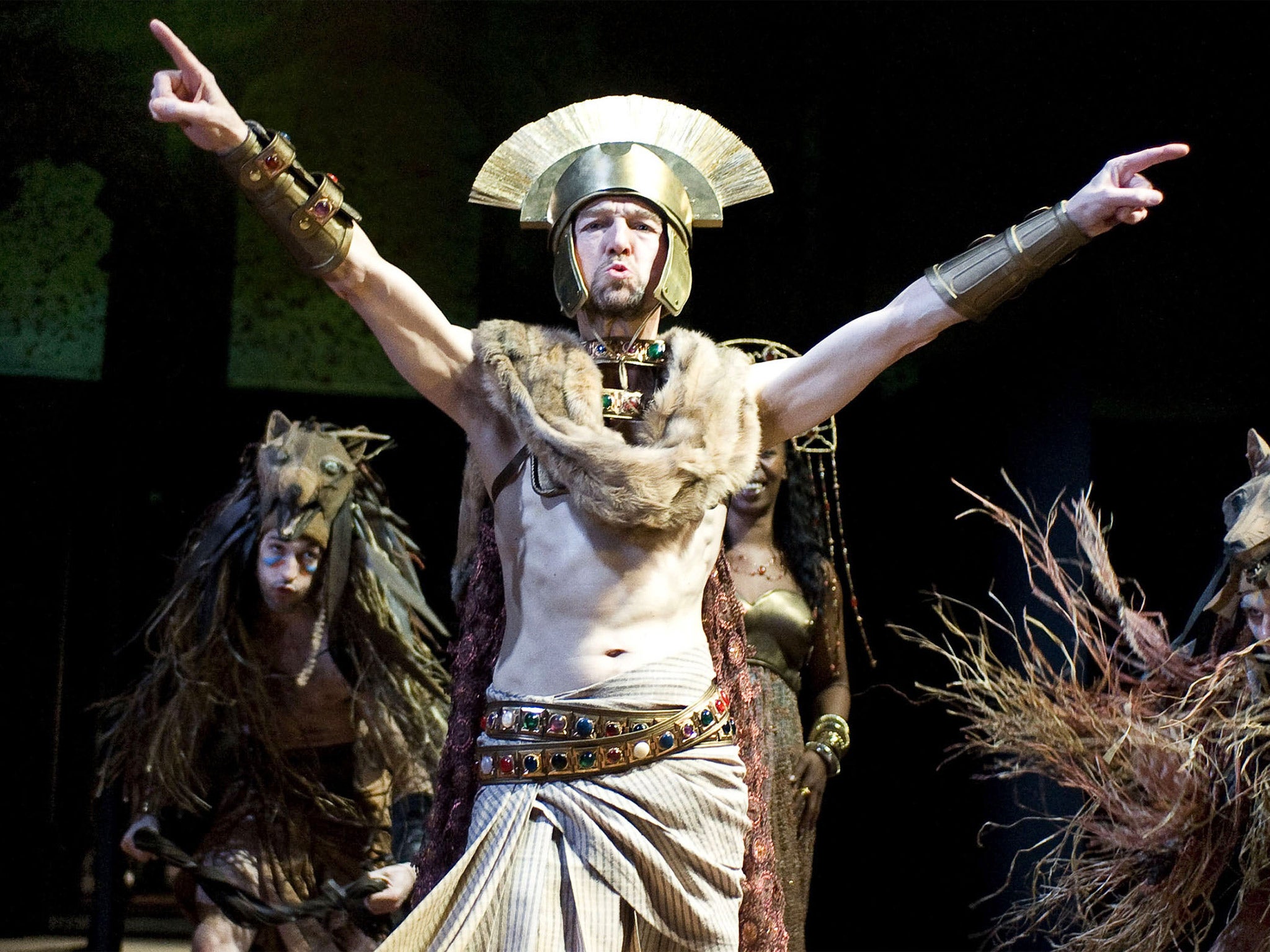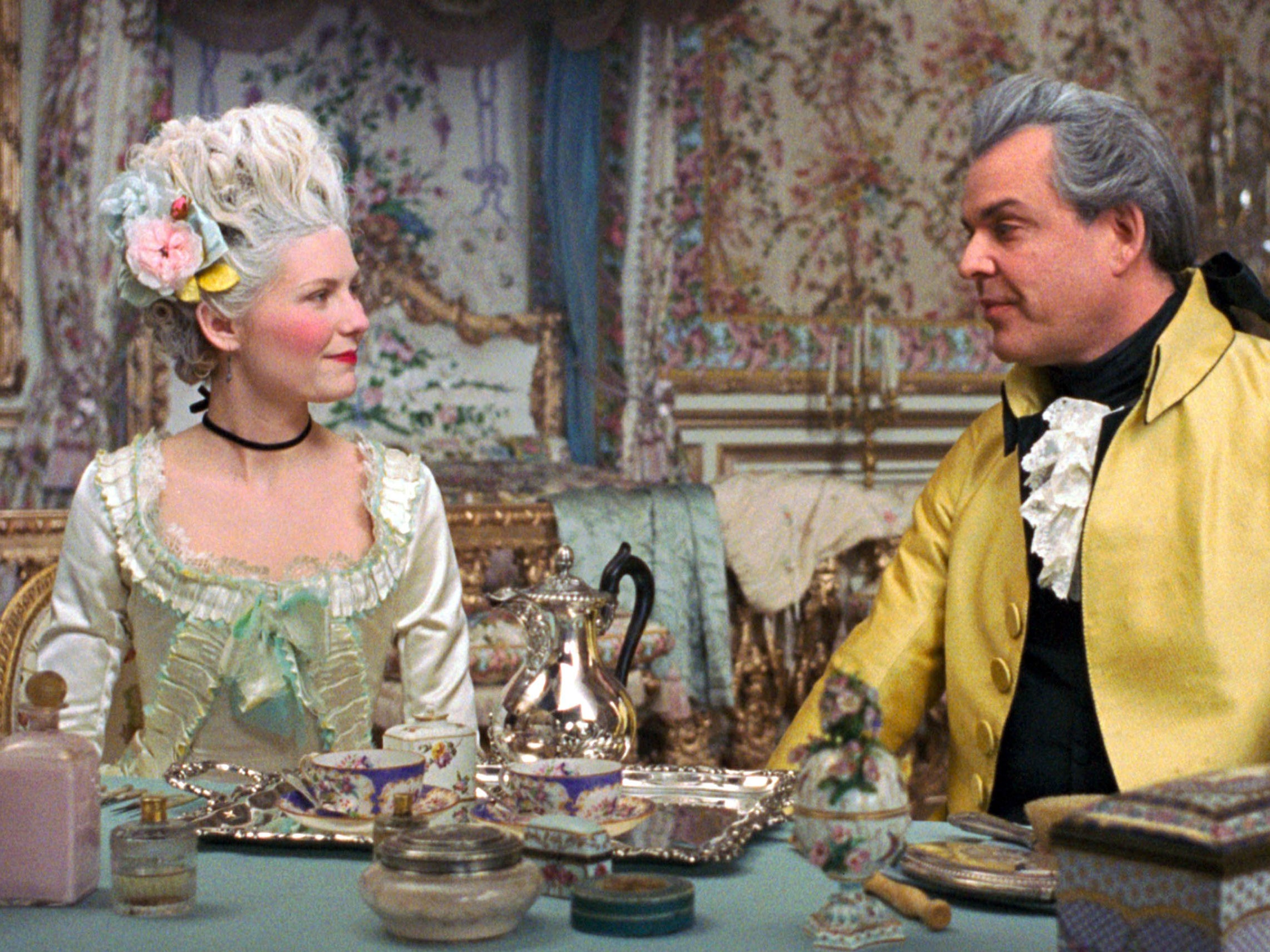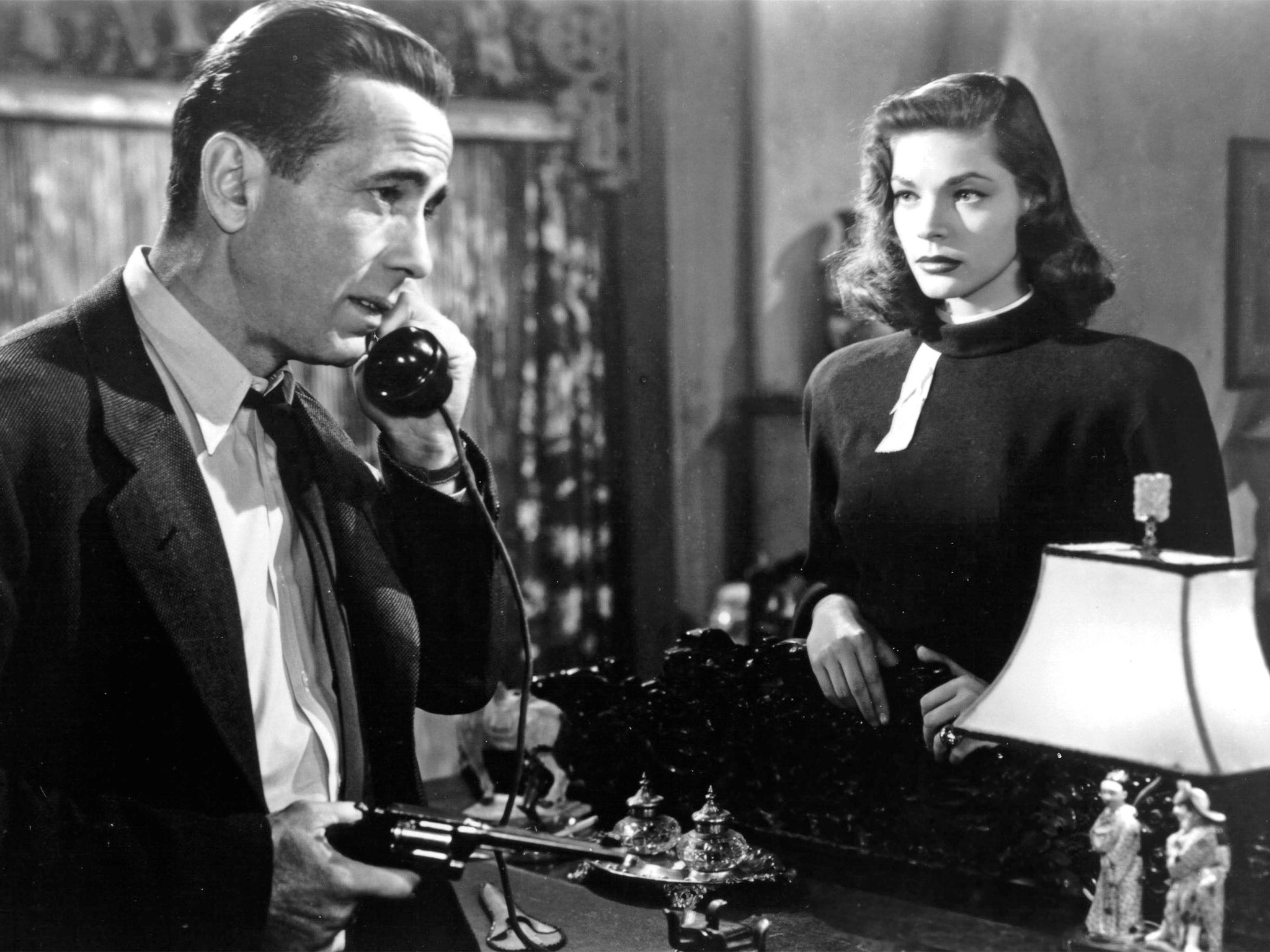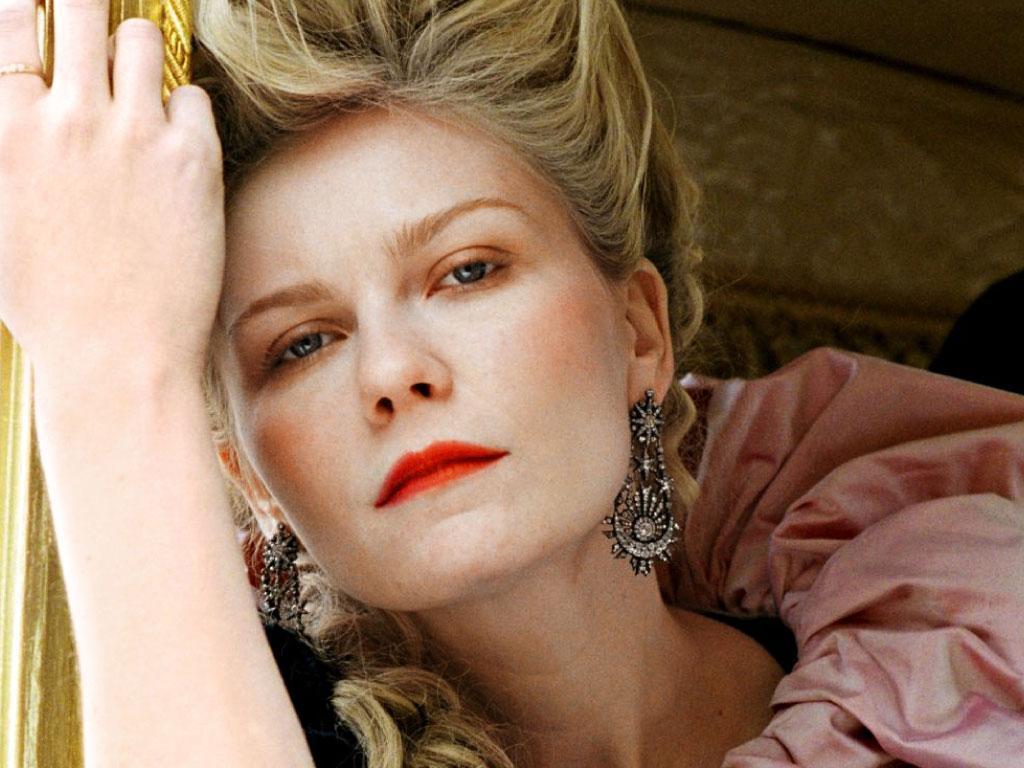Your support helps us to tell the story
From reproductive rights to climate change to Big Tech, The Independent is on the ground when the story is developing. Whether it's investigating the financials of Elon Musk's pro-Trump PAC or producing our latest documentary, 'The A Word', which shines a light on the American women fighting for reproductive rights, we know how important it is to parse out the facts from the messaging.
At such a critical moment in US history, we need reporters on the ground. Your donation allows us to keep sending journalists to speak to both sides of the story.
The Independent is trusted by Americans across the entire political spectrum. And unlike many other quality news outlets, we choose not to lock Americans out of our reporting and analysis with paywalls. We believe quality journalism should be available to everyone, paid for by those who can afford it.
Your support makes all the difference.Quotes from famous people get thrown around on the Internet all the time. But some of the most well-known sayings are actually incorrect.
Many of these prominent quotes are mis-attributed. Others are made up entirely.
The key is not trusting everything you read on the web — especially when it comes to historical quotes.
With that in mind, here are some well-known quotes that famous people never actually said:

'Et tu, Brute?' — Julius Caesar, Roman dictator and general
“Et tu, Brute?” is likely one of the most widely remembered and quoted Latin phrases out there, thanks to William Shakespeare's dramatic retelling of the Roman strongman's life.
The words conjure up a stirring image — a powerful politician realizing he's betrayed — and stabbed — by a beloved adopted son.
However, Roman biographer Suetonius claimed the man's last words might have been even sadder. He reports Caesar possibly said, “You too, my child?” in Greek, before succumbing to his injuries, according to Livius.org.
Suetonius himself, however, believed it was more likely Caesar had died without saying a word.
'The end justifies the means' — Niccolò Machiavelli, Italian diplomat
Machiavelli certainly plays with this idea in “The Prince,” his most famous work.
But, much like the phrase “Beam me up, Scotty!” is never actually uttered in an episode of Star Trek, the political treatise doesn't actually contain this particular saying.
'I disapprove of what you say, but I will defend to the death your right to say it' — Voltaire, French writer and philosopher
The Quote Investigator blog reported that this famous phrase actually comes to us from Voltaire's biographer, early 20th century historian Evelyn Beatrice Hall.
Hall reportedly was trying to sum up what she described as a “Voltairean principle.”

'Let them eat cake' — Marie Antoinette, queen of France
This popular — and completely fake — quote does a great disservice to Marie Antoinette by depicting the queen as a clueless ditz.
In reality, the phrase comes from Jean-Jacques Rousseau's 1765 autobiography. The philosopher recalled that “great princess” had, upon being told that starving peasants lacked bread, had once said, “Then let them eat brioches.” According to Britannica, brioches are “a rich bread made with eggs and butter.”
Marie Antionette was only nine when the autobiography came out.
In “Decadence, Radicalism, and the Early Modern French Nobility: The Enlightened and Depraved,” Chad Denton wrote that, while it's unclear if the queen ever read Rousseau's philosophical works, “contemporaneous sources suggest she was aware of his ideas about motherhood and childbearing and was influenced by them.”
'There's a sucker born every minute' — P.T. Barnum, American showman
Apparently, the world at large has been suckered into believing P.T. Barnum coined this phrase.
It's far more likely that this was simply a well-known quip among 19th century gamblers. The saying even appears in a story about gambling published in a 1879 Chicago newspaper.
The words aren't attributed, but they are printed in quotation marks, indicating that it was a popular saying by that time.
'If I can't dance, I don't want to be in your revolution' — Emma Goldman, American anarchist and activist
American activist Emma Goldman never made this ultimatum.
Historian Alix Kates Shulman found that this phrase was made up to sell t-shirts.
Shulman wrote that anarchist printer Jack Frager told her that he “had the original idea to raise funds for the Cause by printing up a batch of Emma Goldman T-shirts to hawk in Central Park at the huge upcoming festival celebrating the end of the Vietnam War.”
'Don't let it end like this. Tell them I said something.' — Francisco 'Pancho' Villa, Mexican revolutionary general
Did the dying Villa really scramble to come up with an interesting parting bon mot after he was fatally wounded in a 1923 ambush?
No. In reality, he was shot in the head and died instantly, Alejandro Quintana writes in his biography.

'I should never have switched from scotch to martinis.' — Humphrey Bogart, American actor
The Hollywood star didn't die mulling over his preferred drink when he passed in 1957.
According to the blog Phrases.org, the quip about the martinis actually might come from a 1975 novel called “What Are the Bugles Blowing For?”
In reality, according to his wife Lauren Bacall, his final words before slipping into a coma were, “Goodbye, kid. Hurry back.”
'A lie can travel halfway around the world while the truth is putting on its shoes' — American president Thomas Jefferson, American writer Mark Twain, British prime minister Winston Churchill, and American advice columnist Ann Landers
As it turns out, lies aren't the only things that move fast. In the age of the Internet, mis-attributed quotes can move around the world in the blink of an eye, as well.
This popular saying has been attributed to a range of famous figures, including American president Thomas Jefferson, American author Mark Twain, British politician Winston Churchill, and American newspaper columnist Ann Landers.
The reality is, Irish satirist and cleric Jonathan Swift has the best claim to the quote. The phrase “falsehood flies, and truth comes limping after it” appears in one of his 1710 works.
Read more:
• How much the best paid workers in 20 professions earn
• Seven outdated men’s style ‘rules’ that you can now ignore
• 16 skills that are hard to learn but will pay off forever
Read the original article on Business Insider UK © 2018. Follow Business Insider UK on Twitter.

Join our commenting forum
Join thought-provoking conversations, follow other Independent readers and see their replies
Comments